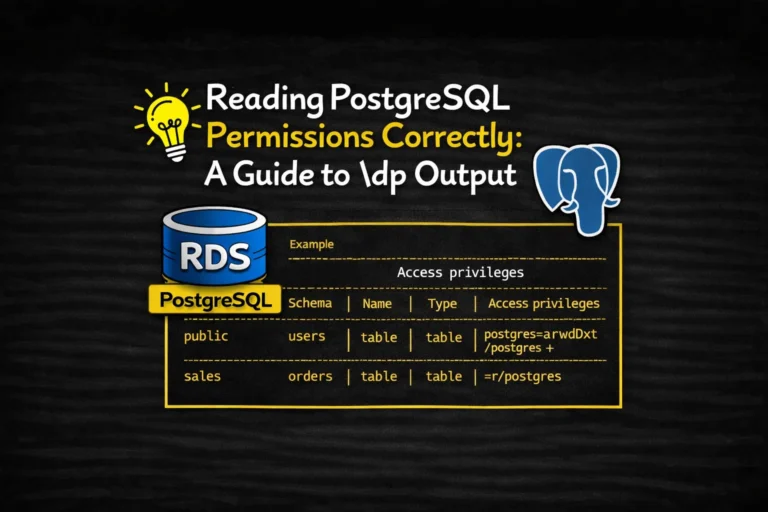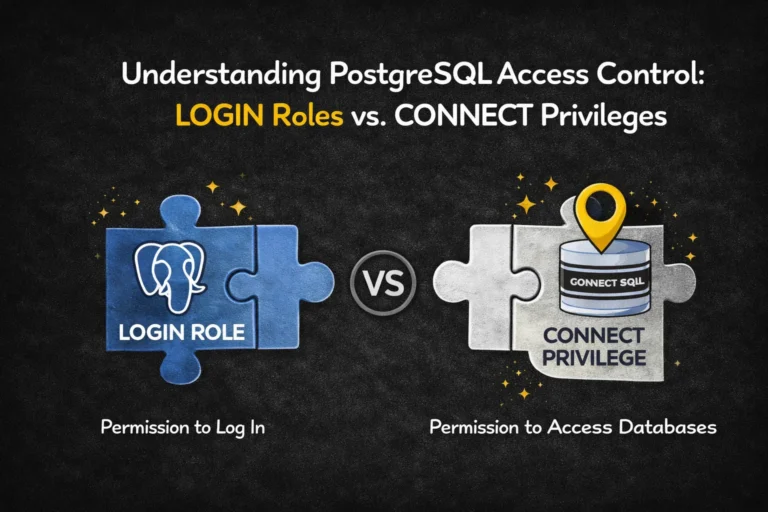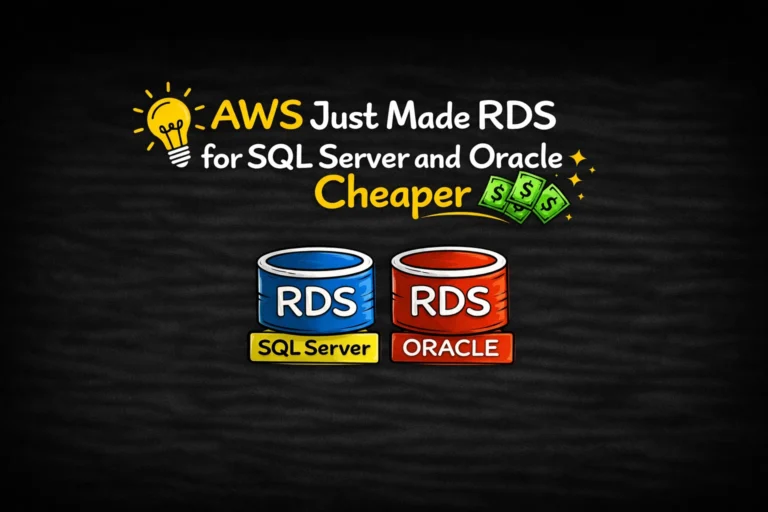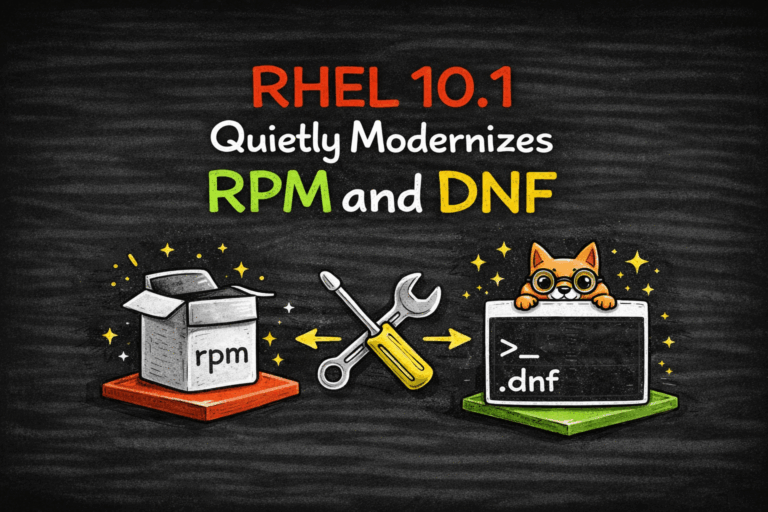How to Check PostgreSQL privileges Correctly: A Guide to \dp Output

PostgreSQL exposes object-level permissions through Access Control Lists (ACLs). While the SQL GRANT and REVOKE commands are familiar to most administrators, the internal ACL representation—especially when viewed through psql’s \dp command—can be confusing at first glance. One of the most…









